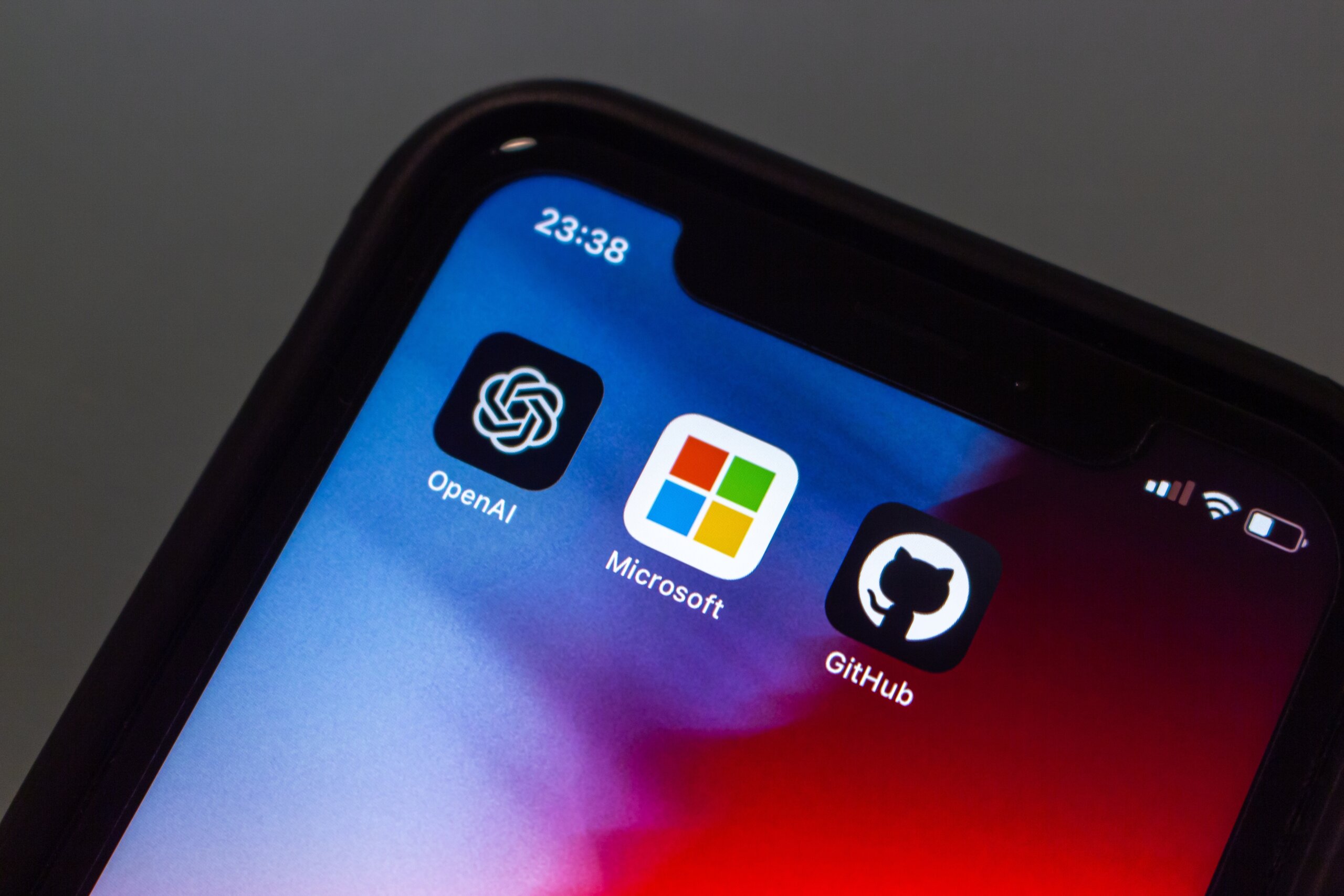
GitHub Copilot X: Revolutionizing software development with GPT-4 integration
|
Getting your Trinity Audio player ready... |
- GitHub Copilot is expanding to include chat and voice interfaces, pull request support, and document query responses.
- The platform is also integrating OpenAI’s GPT-4 to provide developers with a more personalized experience.
Another Copilot is set for a revolutionary AI-makeover – and it’s from GitHub this time. As the largest global platform for software development collaboration, GitHub has unveiled GitHub Copilot X, their vision for the future of AI-driven software development.
At GitHub, their primary goal is to stay ahead in innovation and provide developers with everything they need for increased productivity and satisfaction in a software-driven world. In collaboration with OpenAI, GitHub developed Copilot, the world’s premier generative AI development tool based on OpenAI’s Codex model, a descendant of GPT-3.
GitHub Copilot initiated a new era in software development, serving as an AI-assisted programmer that maintains developers’ workflow by auto-completing code and comments. In less than two years since its introduction, GitHub Copilot now writes 46% of code, enabling developers to code up to 55% faster.
AI-powered auto-completion is only the beginning. The R&D team at GitHub Next has been striving to expand beyond the editor and transform GitHub Copilot into a readily available AI assistant throughout the entire development lifecycle. This is where GitHub Copilot X comes into play. GitHub is adopting OpenAI’s new GPT-4 model, integrating chat and voice capabilities for Copilot, and incorporating Copilot into pull requests, command lines, and documentation to address developers’ project queries.
Thomas Dohmke, CEO of GitHub, stated that having AI accessible at every stage could fundamentally change developer productivity. By reducing repetitive tasks and simplifying complex work across the development lifecycle, they enable developers to concentrate all their creative energy on the bigger picture: constructing tomorrow’s innovations and expediting human progress in the present.
“From reading docs to writing code to submitting pull requests and beyond, we’re working to personalize GitHub Copilot for every team, project, and repository it’s used in, creating a radically improved software development lifecycle. Together with Microsoft’s knowledge model, we will harness the reservoir of data and insights that lie in every organization, to strengthen the connection between all workers and developers, so every idea can go from code to reality without friction. At the same time, we will continue to innovate and update the heart of GitHub Copilot — the AI pair programmer that started it all,” added Dohmke.
A ChatGPT-like experience with Copilot chat
Microsoft and GitHub have a history of collaboration, as seen with GitHub Copilot, which employs OpenAI Codex to offer real-time code suggestions and full functions within the editor. GitHub Copilot can interpret natural language prompts, such as comments and method names, and transform them into coding suggestions across numerous programming languages. As a paired programmer within Microsoft’s Visual Studio, Copilot enhances the joy of coding while boosting productivity.
Together with Visual Studio’s built-in AI, IntelliCode, these AI programming partners elevate the coding experience. IntelliCode and Copilot work in harmony, sharing much of the same underlying AI/ML technology and APIs.

Source – Shutterstock
Now, GitHub presents a chat interface for developer scenarios, smoothly integrating with VS Code and Visual Studio. Copilot chat goes beyond code suggestions, embedding deeply within the IDE to analyze code, error messages, and provide detailed explanations of code block purposes, generating unit tests, and suggesting bug fixes.
Built on ChatGPT and the new Bing from OpenAI and Microsoft, Copilot chat works alongside GitHub’s voice-to-code AI technology, now referred to as Copilot voice, enabling developers to issue verbal natural language prompts.
Get AI-generated answers about documentation with GitHub Copilot X
Developers can access a technical preview of AI-generated descriptions for GitHub pull requests, powered by OpenAI’s GPT-4. GitHub Copilot auto-fills descriptions based on code changes, which developers can review and edit.
Additional features include warning developers about insufficient testing and suggesting potential tests. This aligns with Copilot chat, which generates tests in the editor and alerts developers to insufficient test coverage in pull requests.
GitHub is also introducing Copilot for docs, an innovative tool that employs a chat interface to deliver AI-generated answers to documentation queries, encompassing questions about languages, frameworks, and technologies in use. Initially focusing on React, Azure Docs, and MDN documentation, GitHub aims to learn and adapt quickly alongside developers and users involved in these projects.
The plan is to extend this feature to any organization’s repositories and internal documentation, allowing developers to ask questions about documentation, idiomatic code, or proprietary software through a ChatGPT-like interface and receive immediate responses.
The advantages of a conversational interface are substantial, and GitHub is striving to achieve semantic comprehension of its entire platform, both public and private knowledge bases. This will enable the personalization of GitHub Copilot’s responses for organizations, teams, companies, and individual developers based on their specific codebases and documentation.
Powered by OpenAI’s recently launched GPT-4 AI model, GitHub is reimagining pull requests and documentation. The company is already experiencing significant improvements in logical reasoning and code generation due to GPT-4. The AI model aligns with GitHub’s goal of developing an AI pair programmer that assists with every development task throughout the developer experience.
Furthermore, GPT-4 enables GitHub Copilot to better comprehend a developer’s codebase, leading to more customized suggestions in PRs and improved documentation summaries.
READ MORE
- Safer Automation: How Sophic and Firmus Succeeded in Malaysia with MDEC’s Support
- Privilege granted, not gained: Intelligent authorization for enhanced infrastructure productivity
- Low-Code produces the Proof-of-Possibilities
- New Wearables Enable Staff to Work Faster and Safer
- Experts weigh in on Oracle’s departure from adland


